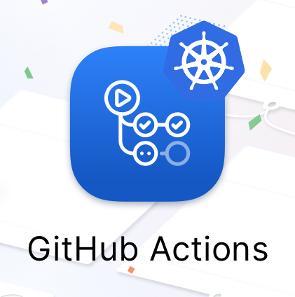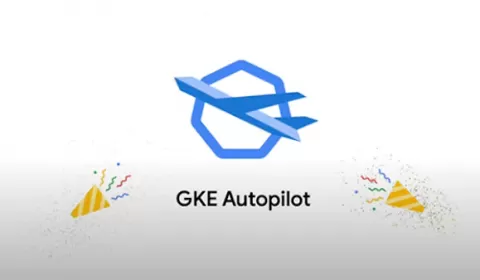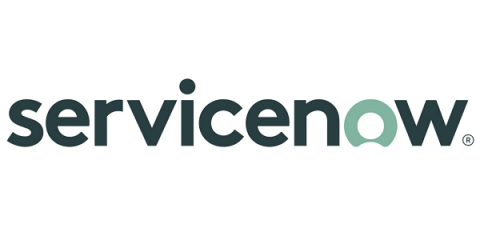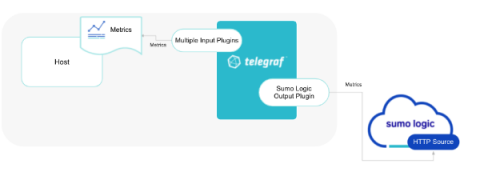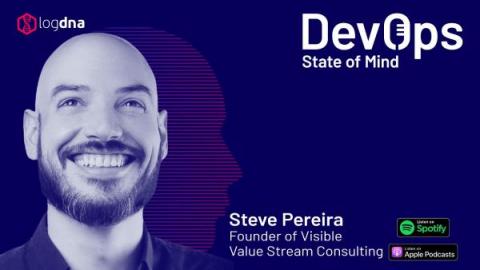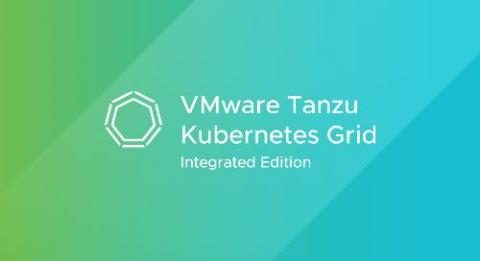GitHub Actions for Kubernetes application policies
A while ago, we wrote about using GitHub Actions to enable a developer-friendly CD process for Kubernetes. The goal was to show how DevOps or Platform Engineers could give developers an easy way to define and deploy their applications themselves with the target of implementing a self-service model.


